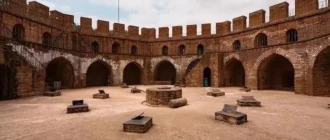Introduction: Unveiling the Untapped Potential of Guinea-Bissau
Nestled on the western coast of Africa, Guinea-Bissau is a nation of unspoiled beauty and profound cultural richness. Often overlooked, this small nation boasts a wealth of natural assets, from the pristine beaches and vibrant ecosystems of the Bijagós Archipelago to the lush forests and diverse wildlife of its mainland. This untapped potential, particularly in the realm of tourism, presents a unique opportunity for sustainable development and economic growth in Guinea-Bissau. By harnessing its natural and cultural heritage responsibly, the country can create a tourism model that benefits both its people and its environment.
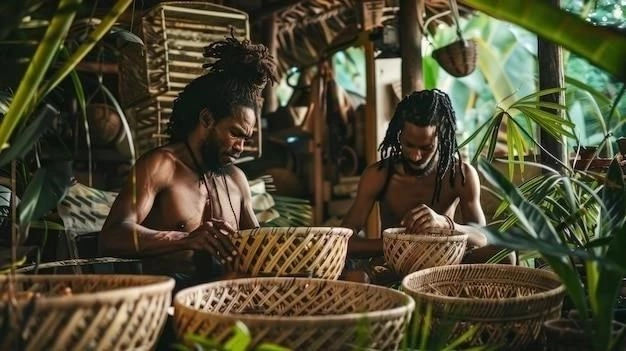
The Bijagos Archipelago: A Biodiversity Hotspot and Cultural Gem
Scattered like emerald jewels off the coast of Guinea-Bissau, the Bijagós Archipelago is a testament to the breathtaking beauty and biodiversity of the Atlantic Ocean. This UNESCO Biosphere Reserve comprises 88 islands, each a microcosm of vibrant ecosystems and captivating cultural traditions. The archipelago is a haven for marine life, with its warm waters teeming with dolphins, whales, sea turtles, and a myriad of fish species.
The islands’ pristine beaches provide critical nesting grounds for endangered green sea turtles, while the surrounding mangroves offer a vital nursery for a wealth of marine creatures. This rich biodiversity is not merely a natural wonder; it is deeply intertwined with the lives and traditions of the Bijagós people. For generations, they have lived in harmony with the ocean, their sustainable fishing practices and deep respect for nature serving as a model for harmonious co-existence.
The Bijagós culture is as vibrant and diverse as the archipelago itself. Each island boasts its own unique customs, rituals, and artistic expressions, reflecting a deep connection to the natural world and a rich tapestry of ancestral heritage. Traditional masks, intricate carvings, and rhythmic dances bring to life the stories and legends passed down through generations, offering visitors a glimpse into a world where culture and nature are inextricably linked. The Bijagós Archipelago presents an unparalleled opportunity to experience the confluence of extraordinary biodiversity, breathtaking landscapes, and a captivating cultural heritage.

Community-Based Tourism: Empowering Local Communities
At the heart of sustainable tourism lies the principle of empowerment, ensuring that local communities are the primary beneficiaries of tourism development. In Guinea-Bissau, community-based tourism (CBT) emerges as a transformative approach, placing decision-making power and economic control directly in the hands of those who call this beautiful land home. By actively involving communities in the planning, development, and management of tourism initiatives, CBT fosters a sense of ownership and ensures that tourism benefits reach those who need it most.
Imagine a scenario where local villagers, deeply connected to their ancestral lands, become guides, sharing their intimate knowledge of the ecosystem, cultural traditions, and hidden gems with visitors. Picture women’s cooperatives managing eco-lodges, using local materials and traditional techniques, creating employment opportunities and preserving cultural heritage. Envision fishermen becoming stewards of marine conservation, guiding tourists on responsible fishing excursions while protecting endangered species and their habitats.
This is the vision of CBT in Guinea-Bissau – a model that empowers communities to generate sustainable livelihoods, celebrate their cultural identity, and protect their natural environment. By fostering economic self-reliance, promoting cultural exchange, and ensuring equitable distribution of benefits, CBT becomes a catalyst for positive change, creating a virtuous cycle of sustainable development that empowers communities and enriches the lives of both hosts and visitors.
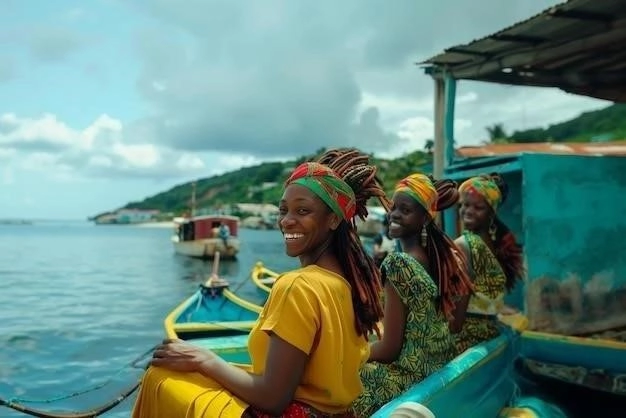
Conservation Efforts: Protecting Guinea-Bissau’s Natural Heritage
Guinea-Bissau’s natural heritage, from the vibrant marine ecosystems of the Bijagós Archipelago to the lush forests and diverse wildlife of its mainland, faces increasing pressure from climate change, habitat loss, and unsustainable practices. Recognizing the intrinsic value of this natural wealth and its vital role in sustaining livelihoods and cultural identity, conservation efforts are paramount to ensuring the long-term sustainability of tourism in the country.
Protecting these invaluable ecosystems requires a multi-faceted approach, encompassing robust policies, community engagement, and international collaboration. Establishing and effectively managing protected areas, such as national parks and marine reserves, is crucial to safeguarding critical habitats and endangered species. Promoting sustainable fishing practices, combating illegal wildlife trade, and mitigating the impacts of climate change are essential components of a comprehensive conservation strategy.
By integrating conservation efforts into tourism development, Guinea-Bissau can create a virtuous cycle where tourism becomes a driving force for protecting its natural heritage. This can be achieved by supporting eco-friendly tourism operations, promoting responsible visitor behavior, and investing in research and monitoring programs to ensure the long-term health of its ecosystems. By valuing and safeguarding its natural treasures, Guinea-Bissau can ensure that future generations inherit a legacy of biodiversity and ecological integrity.
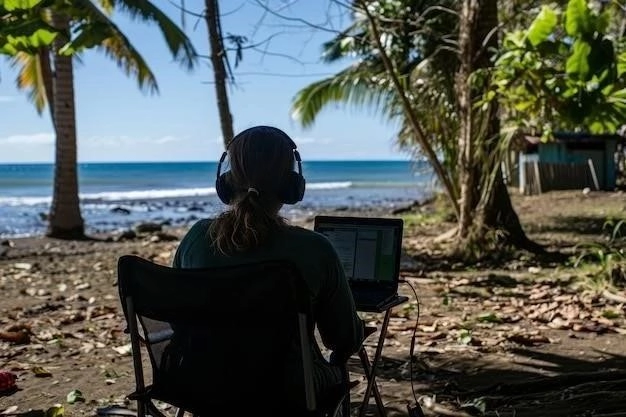
Infrastructure and Accessibility: Addressing the Challenges
While Guinea-Bissau holds immense potential for sustainable tourism, the development of this sector is often hindered by challenges related to infrastructure and accessibility. Limited transportation networks, particularly air and road connectivity, pose significant challenges for travelers venturing beyond the capital city of Bissau. The lack of adequate tourism infrastructure, including comfortable accommodations, reliable electricity, and internet access, can further impede the growth of a thriving tourism industry.
Addressing these challenges requires a strategic approach that prioritizes sustainable development principles. Investing in renewable energy sources, such as solar power, can provide reliable electricity to remote areas while minimizing environmental impact. Improving road conditions and expanding air routes, while ensuring environmental safeguards, can enhance accessibility and facilitate the movement of tourists throughout the country.
Furthermore, fostering partnerships with local communities and international stakeholders can leverage expertise and resources for developing sustainable infrastructure solutions. By investing in eco-friendly transportation options, promoting responsible waste management practices, and ensuring equitable access to resources, Guinea-Bissau can create a tourism industry that benefits both visitors and its citizens while minimizing its environmental footprint.
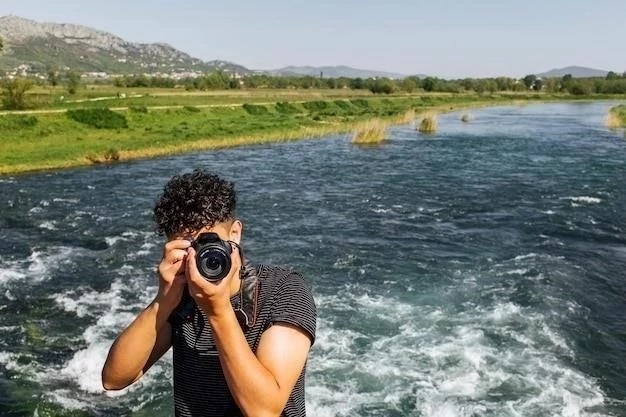
Responsible Tourism Practices: Minimizing Environmental Impact

Minimizing the ecological footprint of tourism is paramount to preserving the pristine beauty and biodiversity that makes Guinea-Bissau such a unique destination. Responsible tourism practices, encompassing both operators and visitors, are essential to ensuring that tourism contributes positively to the environment, economy, and social fabric of the country.
For tourism operators, this means embracing eco-friendly practices in all aspects of their operations. Utilizing renewable energy sources, minimizing water consumption, and implementing effective waste management systems are crucial steps towards reducing the environmental impact of tourism. Sourcing food and products locally not only supports the local economy but also reduces the carbon footprint associated with transportation.
Visitors, too, have a vital role to play in promoting responsible tourism. Choosing eco-friendly accommodations, respecting local customs and traditions, and minimizing waste generation are simple yet impactful ways to ensure a more sustainable travel experience. Supporting community-based tourism initiatives allows travelers to directly contribute to the well-being of local communities and the conservation of natural resources.

Conclusion: Sustainable Tourism as a Catalyst for Development
Guinea-Bissau, with its untouched beauty, cultural richness, and abundant biodiversity, stands on the cusp of a new era—one where sustainable tourism serves as a catalyst for economic growth, community empowerment, and environmental conservation. By embracing a tourism model that prioritizes the well-being of both its people and its natural heritage, the country can unlock its true potential as a premier destination for conscious travelers.
The path forward requires a collective effort. By fostering collaboration between government agencies, local communities, tourism operators, and international stakeholders, Guinea-Bissau can create a sustainable tourism sector that benefits all. Investing in infrastructure development, promoting responsible tourism practices, and empowering local communities will pave the way for a thriving industry that uplifts lives and safeguards the country’s natural treasures for generations to come.
As we move forward, let us remember that sustainable tourism is not merely an aspiration but a necessity. It is through responsible exploration, genuine cultural exchange, and a shared commitment to protecting our planet that we can unlock the transformative power of tourism and create a more sustainable and equitable future for all.







